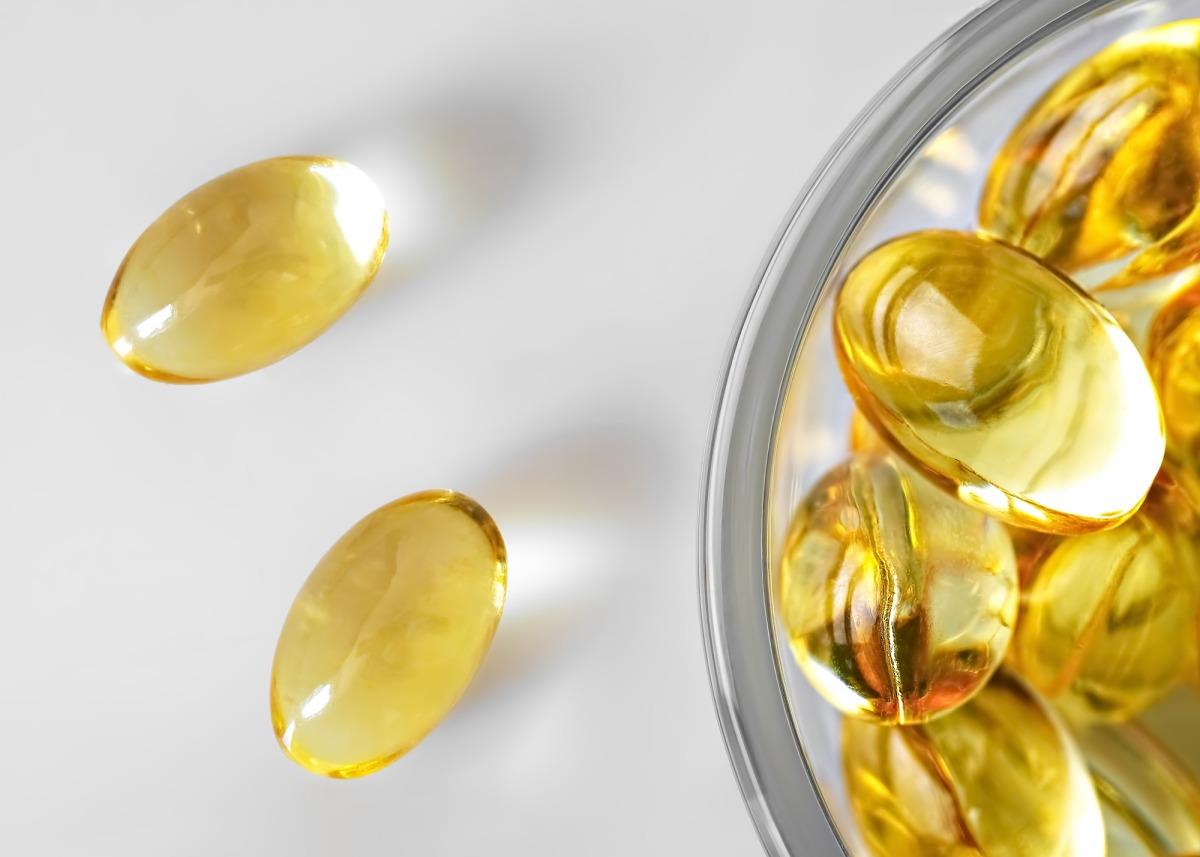
Vitamin D3 Reduces Multiple Sclerosis Activity In Early Stage Patients
Paris: A French study has revealed that taking vitamin D3 (cholecalciferol) orally at a dose of 100,000 international units every two weeks may significantly reduce multiple sclerosis (MS) activity in patients with clinically isolated syndrome (CIS) and early relapsing-remitting MS (RRMS).
The study, conducted by researchers from the Nimes University Center, the University of Montpellier, and several French centers specializing in MS, aimed to evaluate the role of high doses of cholecalciferol (a form of vitamin D) in modifying the disease course, with a focus on its safety and effectiveness as a monotherapy in cases of recent CIS.
The study, published in JAMA journal, included 316 patients aged 18 to 55 who had developed CIS symptoms within 90 days prior to the start of the study, and whose vitamin D levels were less than 100 nanomoles/liter.
Read Also-
Back in the pink: Senegal salt lake gets its colour back
Old Doha Port launches first-ever fishing exhibition
Electronic arrival card to streamline entry of visitors into South Korea
The results showed that 60.3 percent of patients who took vitamin D experienced reduced disease activity, compared to 74.1 percent in the placebo group. MRI scans also showed a significant improvement in secondary indicators favoring vitamin D, including a reduction in the number of new lesions.
The researchers recommended continuing future studies to explore the role of vitamin D as a complementary treatment, especially for patients with severe vitamin D deficiency.

Legal Disclaimer:
MENAFN provides the
information “as is” without warranty of any kind. We do not accept
any responsibility or liability for the accuracy, content, images,
videos, licenses, completeness, legality, or reliability of the information
contained in this article. If you have any complaints or copyright
issues related to this article, kindly contact the provider above.

















Comments
No comment